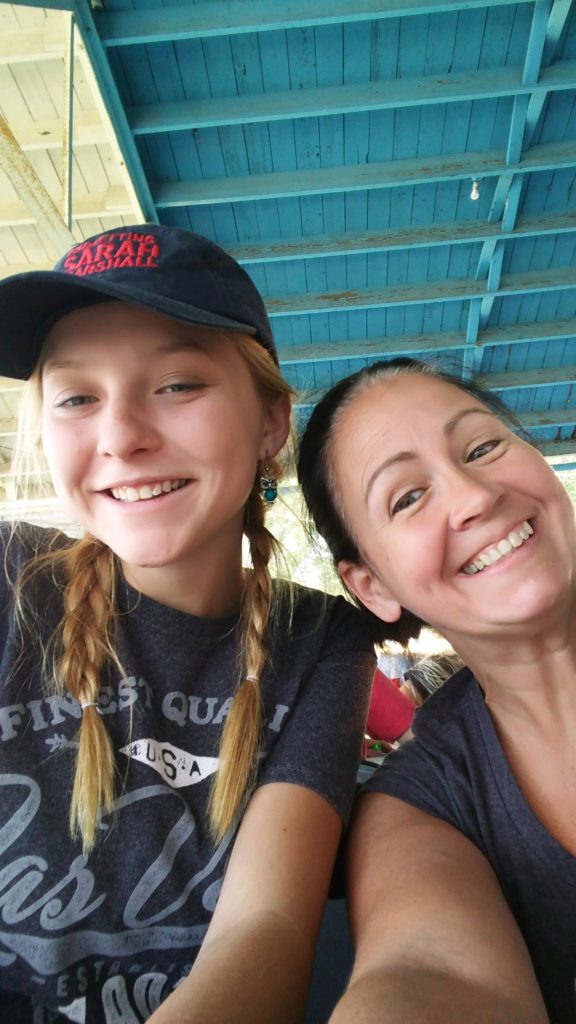
Seventeen-year-old Tooele resident Talia Crowther began taking a variety of drugs when she was a preteen. Her adoptive mother introduced her to methamphetamine at age 12 and heroin at age 14.
“Rock bottom came at 13 or 14,” Crowther said. “That is when I realized I was going to die if I kept doing this.”
Crowther said her adoptive mother sold her into sex trafficking in exchange for drugs.
“There were times I thought I would die,” she said.
Because of cases like Crowther’s, several Utah lawmakers have decided it is time to change the way the public understands and views opioid addiction.
The Legislature’s Human Services Interim Committee recommended creating the Opioid and Overdose Fatality Review Committee. The bill that would do so, dubbed HB58, also proposes designating an opioid fatality review officer in the state Medical Examiner’s Office.
Rep. Steve Eliason, R-Sandy, HB58’s sponsor, said the review committee’s goal would be to monitor trends of what people are overdosing on and how.
The committee would consist of various officials including an emergency medical services provider, a representative from the Division of Substance Abuse and Mental Health, a healthcare professional versed in treatment of a substance use disorder and any others the committee believes would make a compelling contribution.
According to the National Institute on Drug Abuse, there are 16.4 opioid related deaths per every 100,000 people in Utah.
“There is a troubling statistic of the percentage of people dying of overdose and becoming dependent on opioids,” Eliason said.
The committee, which unofficially met last year, would gather at least eight times a year to understand specific drug overdose cases. Committee members would look at individual health records and interview families to provide information about the person. After compiling the data, they would send recommendations to legislators and doctors.
“They invited me to the last meeting of the year to hear policy ideas that came out of their work. They also communicate with public health officers and practitioners. We hope that by gathering more information regarding opioid deaths, we will help with future efforts to combat opioid overdoses,” Eliason said.
For people like Crowther, the committee’s work might provide some hope.
“My family was what was really bringing me down. I had been with my adoptive mom, Vicki, since birth. My grandma had custody of me, though, for a little while,” Crowther said. “My grandma kidnapped me when I was very young and abused me and after that my adoptive mom raised me from the age of 11 to 16.”
Crowther said she was continually reintroduced to a variety of drugs by her adoptive mother and by the other people her mother associated with.
“A month or two after doing drugs, I thought, ‘I am not gonna get addicted. It’s just one hit,'” Crowther said. “After that it just started going downhill. It just became a constant thing. One hit one week, two the next. The drug environment was what kept causing us to go back to it.”
By the time Crowther was 15 and after years of drug use, she barely weighed 85 pounds.
“I was anorexic. First, I went two weeks without heroin and I slowly came off of it which really helped in the long run. I went to foster care soon after, which helped a lot,” Crowther said. “But it doesn’t fix everything, because there’s drugs everywhere, even at the high school, and I decided that I am not going to do it.”
Crowther, who is now 17, said talking about her addiction is what helped her recover.
Crowther said the creation of a group of people from a variety of backgrounds coming together to combat opioids inspires her. She plans on attending college next year to become either a child protective service worker or an addiction counselor.
“I want people to know everything about my experience, but sometimes it’s too much to know everything. Yes, I was a heroin addict, and yes, I was involved with sex trafficking,” Crowther said. “I never gave up and I become a good person. I tell my friends and they don’t believe me. I look better than I used to and it’s been an incredible change.”
Crowther is currently a high school senior. She works in the afternoons as a cashier and lives with her foster mom Sharon Lopez.
“When I grow up, I want to have a house. I also don’t want to relapse. I want to travel the world. I want to travel everywhere, with no care and just roam and take pictures. When I am older I want to be one of those people you would not expect to have been a druggie,” Crowther said. “Sometimes it’s too late to do things and sometimes its not, but I want to believe that it is not too late for me.”




